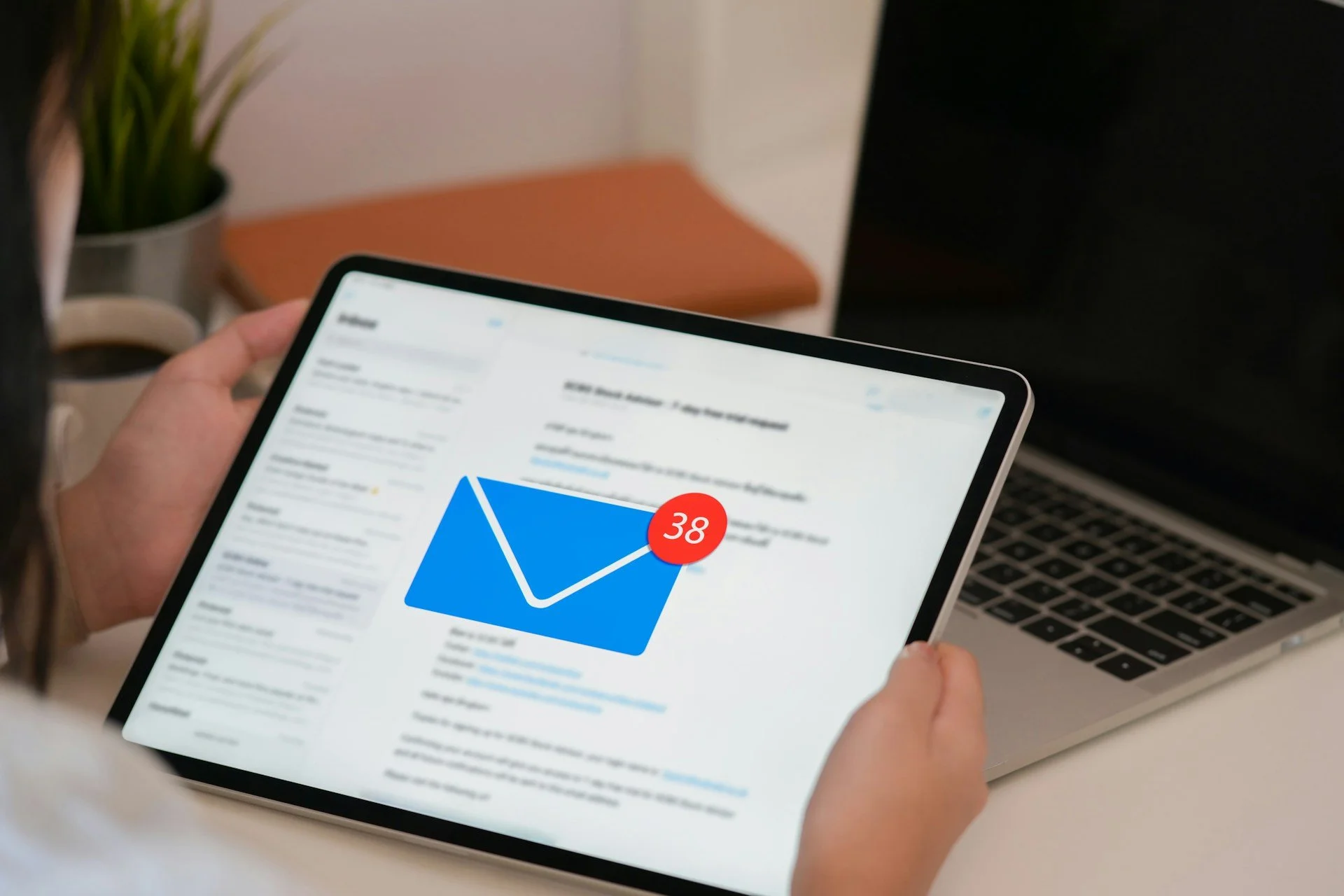
Cold email outreach remains a powerful strategy for lead generation and business growth, but many businesses fail to see results due to easily avoidable mistakes. Poor targeting, lack of personalization, and ineffective follow-ups can significantly reduce response rates. In this guide, we’ll explore how to avoid common cold email pitfalls and optimize your strategy for better engagement and conversions.
One of the biggest mistakes businesses make is sending generic, templated emails. If your email doesn’t feel personal, it’s likely to be ignored or marked as spam.
Solution: Use recipient-specific data such as name, company, and relevant pain points. Show that you’ve done your research before reaching out.
Your subject line determines whether your email gets opened or ignored. A vague, clickbait-style, or overly promotional subject line can hurt your open rates.
Solution: Write clear, concise subject lines that spark curiosity while maintaining relevance to the recipient’s needs.
Sending emails to the wrong audience results in wasted effort and low engagement.
Solution: Define your ideal customer profile and segment your list to ensure each message is tailored to the right audience.
Pushing for an immediate sale in your first email can turn potential leads away.
Solution: Focus on building relationships. Provide value and start a conversation rather than making a hard sell right away.
If your emails are landing in spam folders, they won’t be seen—let alone opened.
Solution: Authenticate your email domain, avoid spam-trigger words, and clean your email list regularly to improve deliverability.
A successful cold email follows a structured approach:
Personalization goes beyond just using the recipient’s name. Effective personalization involves:
Certain words and formatting mistakes can send your email straight to the spam folder. Avoid excessive capitalization, exclamation marks, and promotional language.
Regularly remove inactive or irrelevant contacts to ensure your emails are reaching engaged recipients.
If you’re sending emails from a new domain, gradually increase your email volume to build a positive sender reputation.
Timing is crucial in cold outreach. Following up too soon may annoy the recipient, while waiting too long can cause missed opportunities.
Each follow-up should offer additional value rather than just repeating the initial email.
One mistake businesses make is sending repetitive follow-ups that don’t add value. Instead, introduce new insights, case studies, or questions to keep the conversation engaging.
Experiment with different subject lines, email lengths, and CTAs to identify what works best.
Using cold email automation services can streamline follow-ups and ensure timely responses without overwhelming your team.
B2B cold emails should focus on solving industry-specific problems and providing actionable insights.
Startups can benefit from professional cold email services for startups to generate leads and establish brand awareness in competitive markets.
Working with cold email campaign management experts ensures that your outreach is well-targeted, effective, and optimized for maximum ROI.
A strong Local SEO strategy ensures your business is visible in search results while cold email outreach helps initiate direct connections with potential clients.
Cold email works well alongside Google Ads to drive conversions from multiple touchpoints.
A cold email outreach agency like Reach Giant can help businesses optimize campaigns for better targeting, personalization, and automation.
Avoiding common cold email mistakes is key to running a successful outreach campaign. By focusing on personalization, deliverability, and strategic follow-ups, businesses can see higher engagement rates and better conversion outcomes.
If you’re ready to take your cold email strategy to the next level, Reach Giant, the number one digital marketing agency in the USA, can help you craft high-performing campaigns. Whether you need expert guidance on Effective Cold Email Outreach Strategies or full-scale campaign management, Reach Giant provides tailored solutions for your business.
Start refining your cold email approach today and watch your engagement rates soar!

